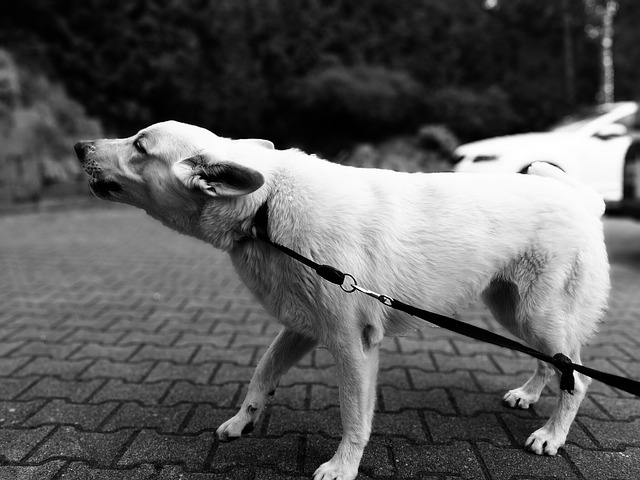Researchers at the University of Arizona (UA) may have discovered a link between a hormone called vasopressin and leash aggression.
Evan MacLean is an associate professor of anthropology and the director of the Arizona Canine Cognition Center in the UA School of Anthropology. He wanted to study why some dogs are aggressive toward others when they are out on a walk. According to MacLean:
“Dog aggression is a huge problem. Thousands of people are hospitalized every year for dog bites, especially kids, and aggression is one of the main reasons that dogs get relinquished to shelters. If there are ways to intervene and affect biological processes that produce aggression, that could have a huge benefit both for people and dogs.”

The study used leash-aggressive dogs in one group and non-aggressive dogs of the same breed, age, and gender in a control group.
Many of the aggressive dogs barked and lunged at a fake dog with audio of a barking dog. These dogs were found to have higher levels of vasopressin than dogs who didn’t react. This indicates a link between vasopressin and aggression, although it’s not enough to prove that one causes the other.

If it turns out that elevated levels of vasopressin do lead to higher levels of aggression, then drugs that target vasopressin may be used to help treat aggressive dogs.
In the meantime, training is still the best way to help your dog overcome his leash aggression.
(H/T: KVOA)
